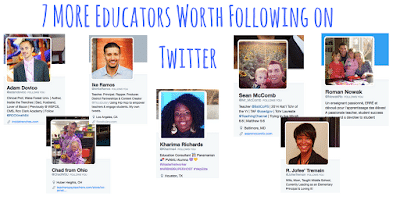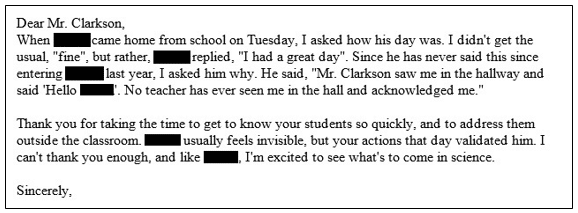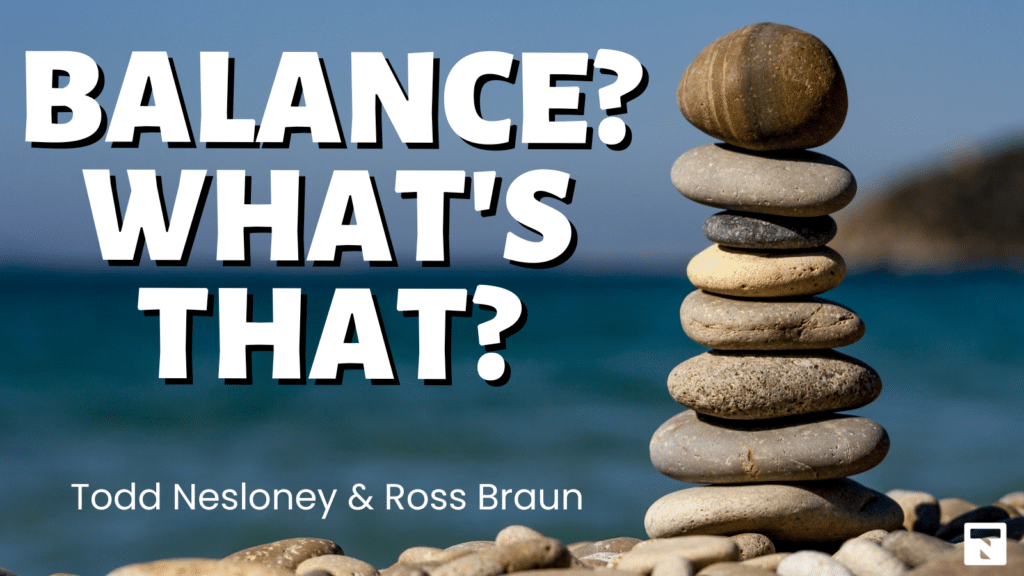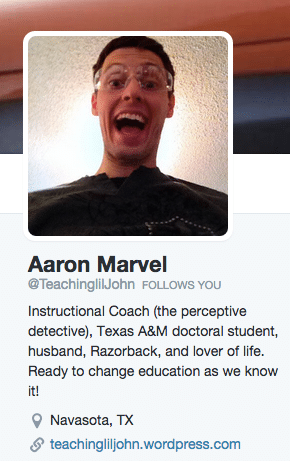Good Intentions Don’t Always Lead to Success
We’ve all heard the saying, “The road to hell is paved with good intentions.” As someone who’s spent years in the field of education, I’ve seen firsthand how true this can be. Good intentions, while rooted in a desire to help and make a positive impact, don’t always translate into the outcomes we hope for.
When I first became an educator, I was filled with hope. I wanted to change the world, one student at a time. My intentions were pure, but I quickly learned that good intentions aren’t enough. Actions, strategies, and understanding the unique needs of those we aim to help are just as crucial.
Take, for example, the initiative to implement more technology in classrooms. The intention behind this was to give students essential 21st-century skills. However, without proper training for teachers, reliable infrastructure, and consideration for students’ varied access to technology at home, this well-intentioned move often led to frustration and widened the achievement gap.
Another example is the zero-tolerance policies adopted by many schools in an effort to curb violence and maintain safety. While the intention was to create a safe environment for all students, these policies sometimes resulted in far too many harsh punishments for minor things, affecting students’ academic and emotional well-being.
In the pursuit of doing good, it’s easy to overlook the potential negative consequences of our actions. It’s not enough to simply want to do good; we must approach our intentions with a critical mind, a willingness to adapt, and a focus on the actual needs and voices of those we aim to serve.
One of the most humbling lessons I’ve learned is the importance of listening. Listening to our students, their families, and our colleagues. What are their real needs? What barriers do they face? Good intentions must be informed by the realities of those we are trying to help.
I remember a time when I organized an after-school program to provide additional support to students struggling with math. I was enthusiastic and sure this would help them improve. However, attendance was low. After speaking with some parents, I realized that many students couldn’t attend because they were responsible for taking care of siblings after school or didn’t have transportation home. My good intention had overlooked important aspects of my students’ lives.
So, what can we do? Start with empathy. Engage in active listening. Collaborate with those affected by our actions. Reflect on the outcomes and be ready to pivot if things aren’t working out as planned. We must measure our success not by our intentions, but by the impact of our actions.
In education, as in life, our goal should always be to make a difference. But making a difference requires more than just a good heart. It demands thoughtful, informed, and flexible approaches. It requires us to be learners, continually seeking to understand and improve.
Remember, it’s not about perfect intentions; it’s about meaningful, positive outcomes. And that’s a journey we must be committed to, every single day.
Stay humble, stay curious, and keep pushing forward.









